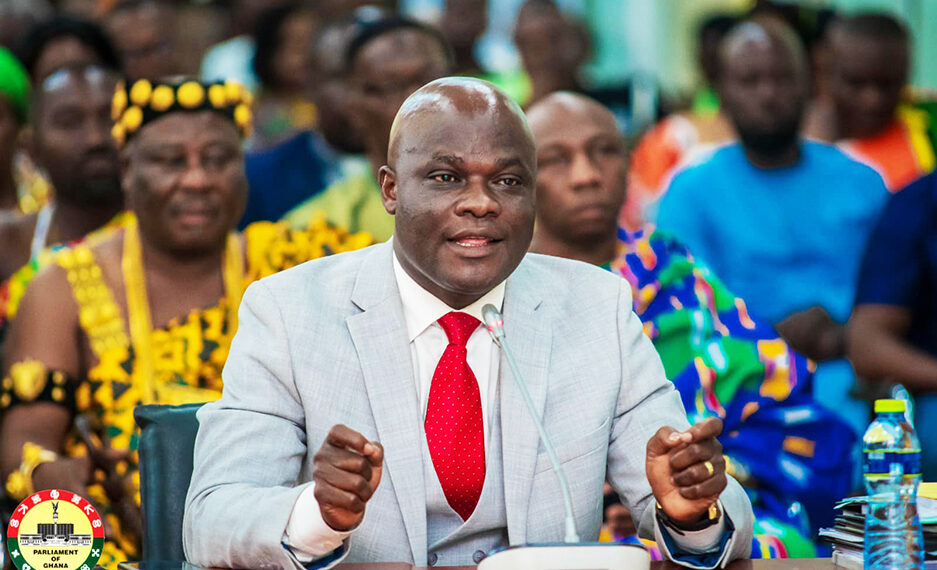The Minister for Local Government, Chieftaincy and Religious Affairs, Ahmed Ibrahim, has sounded the alarm over Ghana’s deepening sanitation crisis, revealing that the country is losing more than $500 million every year due to poor sanitation management, while three out of four households still lack access to basic private toilets.
Data from the ministry shows that only 25% of households in Ghana have access to improved, non-shared toilet facilities. At the same time, 18% of the national population still practises open defecation, with the Upper East Region recording rates as high as 49%.
Addressing a stakeholder engagement in Accra to mark World Toilet Day, Mr Ibrahim described the situation as unacceptable for a lower-middle-income country. He blamed the slow pace of progress on the perception of household toilets as optional, chronic underfunding of sanitation systems, rapid urbanisation, and weak enforcement of sanitation bye-laws by local assemblies.
“Our urban population is growing at 3.3% annually one of the highest in Africa and this has outpaced the development of urban sanitation infrastructure. In Accra alone, the population has increased by more than 60% over the last two decades, yet the expansion of sewerage systems has been minimal,” he noted.
The minister called for a fundamental shift in attitudes toward sanitation, insisting that a “Toilet for All” agenda can only be realised through shared responsibility. He urged households to prioritise investment in private toilets, traditional leaders to enforce community norms, and local assemblies to strictly punish non-compliance in order to drive lasting behavioural change.


















